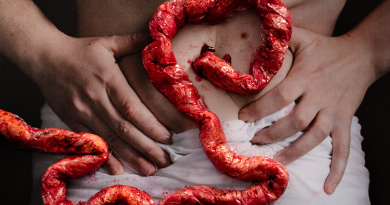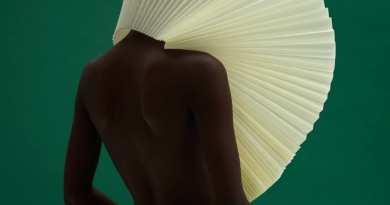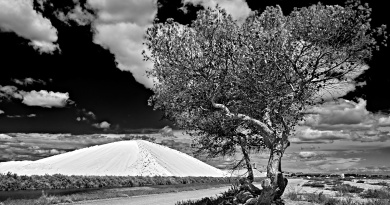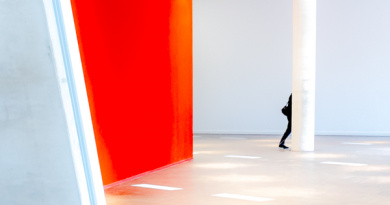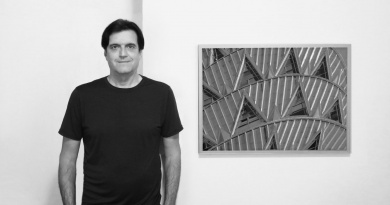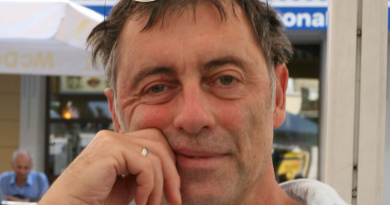Interview
Renata Dutrée
Renata Dutrée graduated from the Photo Academy in Amsterdam in December 2019. She specializes in Fine Art photography. With her Fineart portraits and still lifes she draws attention to the possible aftermath of difficulties that we may encounter in our lives and they transcend the individual story and reflect on what is happening around us.
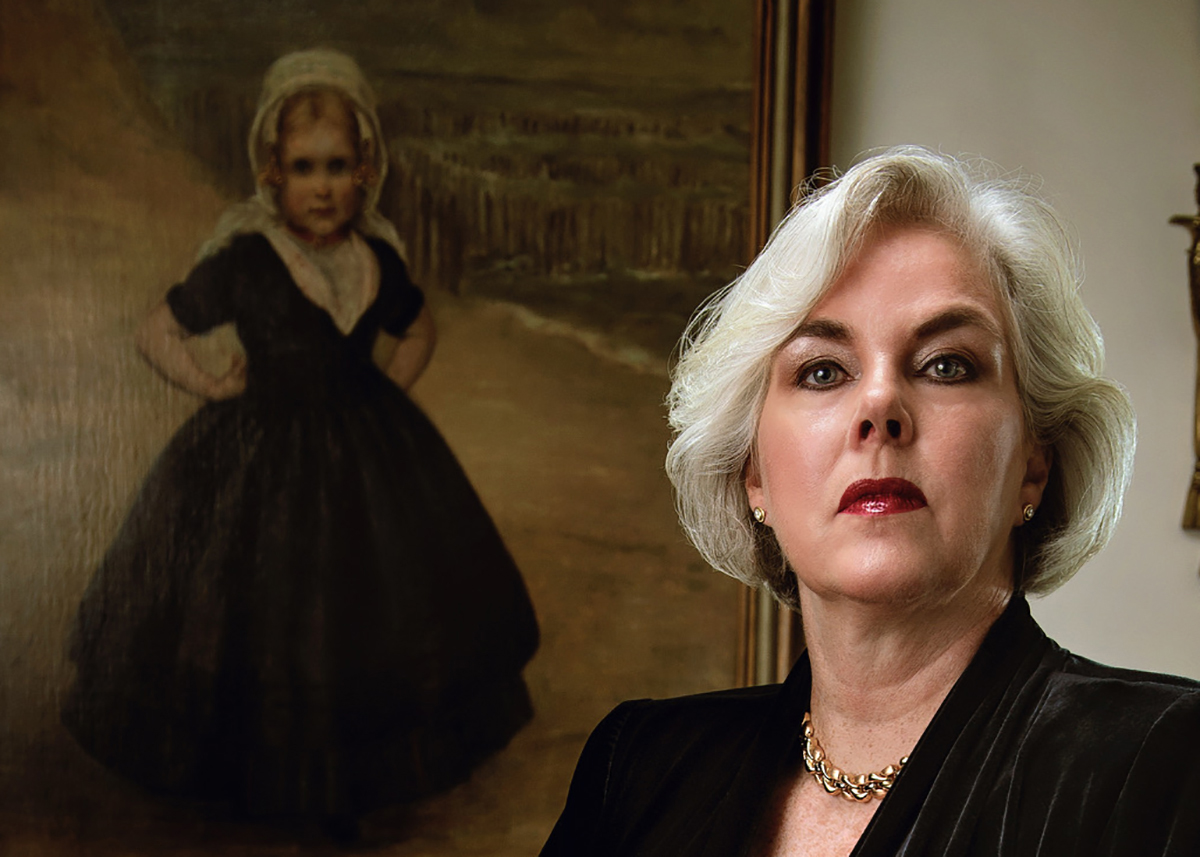
Renata Dutrée Self Portrait
Renata Dutrée, please introduce yourself
My name is Renata Dutrée. I was born on October 14th in 1960 in Terneuzen, The Netherlands.
Where do you live, does your place of residence inspire you to take pictures?
I live in Voorschoten, which is a small city in the vicinity of Leiden. As I mostly shoot in my studio at home, I find inspiration for my shoots on my daily walks with the dogs in a nearby recreational area. Walking for an hour in this green environment sparkles all sorts of creative ideas in my head.
Do you have a photographic background?
I used to work as a dermatologist, but decided to quit because of a sever burnout. I took a beginners course of photography at a nearby professional photographer and he got me hooked. After several courses I decided to continue my education at the Fotoacademie in Amsterdam. My graduation was in December 2019, just before Covid changed everything.
How comes that you are interested in photography?
For me it is the ideal medium to create something. I can build an image exactly the way I want using light and through the lens you are able to see something in a completely new way. And at the end of the day, after a shoot I can immediately enjoy the results.
Which photographer has inspired your photography?
There are several, Herb Ritts, Tim Walker, David Lachapelle, Albert Watson, Helmut Newton and Irvin Penn.
Why do you work in black and white / color?
I work both in Black&white and color. Depending on the mood I want to create I’m very specific about the colors I use in building my imagery. They have to work together, so for the stylist and makeupartist it is important that they know in advance what the general idea is.
How do you prepare for a photo?
For me it all starts with a story I read somewhere or with something I hear on the news. Things that trigger an idea in my head. It is usually a topic that attracts my attention because of some form of unfairness.
What are your technique and creative process?
I let these ideas stew a while in my head and read articles concerning the topic at hand. I try to find examples of clothing, colors and props like flowers I’m thinking of to create a moodboard for the makeup-artist and stylist. Sometimes I draw poses I have in mind to clarify what I’m looking for to the rest of the team.
When we actually have the shoot, we start selecting the combinations in clothing and props we think might work well. Once the model is ready for the shoot, we work towards the final image. I shoot tethered so we all look at the initial result and take it from there. We are tweaking, making little adjustments in clothing, poses etc. It usually takes 3-5 clicks to get to the result I’m looking for. Everything needs to come together in 1 shot. This way I only need to clean up the image in Photoshop. And the greatest gifts are the images that were unintentional, but prove to be real treasures.
Which projects would you like to tackle?
I would like to travel to the USA to photograph the Gullah people of South Carolina and Georgia in a staged setting. They have a fascinating history and culture. Also known as the Geechee, the Gullah are descended from enslaved Africans. Due to geography, their culture was largely isolated from white society and from other societies of enslaved people. They are known for having preserved a tremendous amount of their African traditions and language elements.
What do you do in your life besides photography?
I love cooking with friends and family. With our 2 labradors I take my regular walks. The garden needs my regular attention, so I have enough distractions to keep me from photographing.
![]() Thanks a lot Renata Dutrée for the Interview
Thanks a lot Renata Dutrée for the Interview
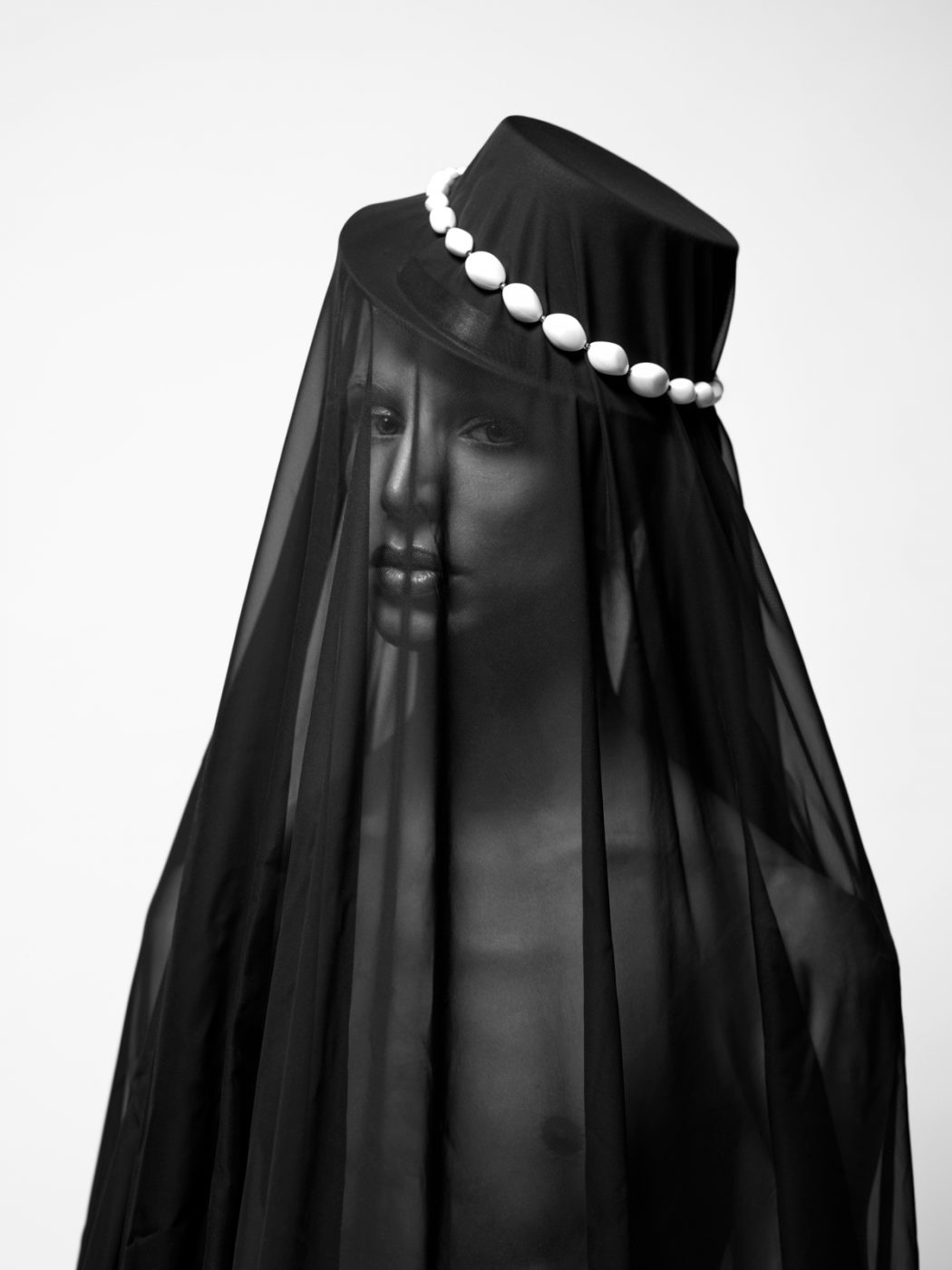
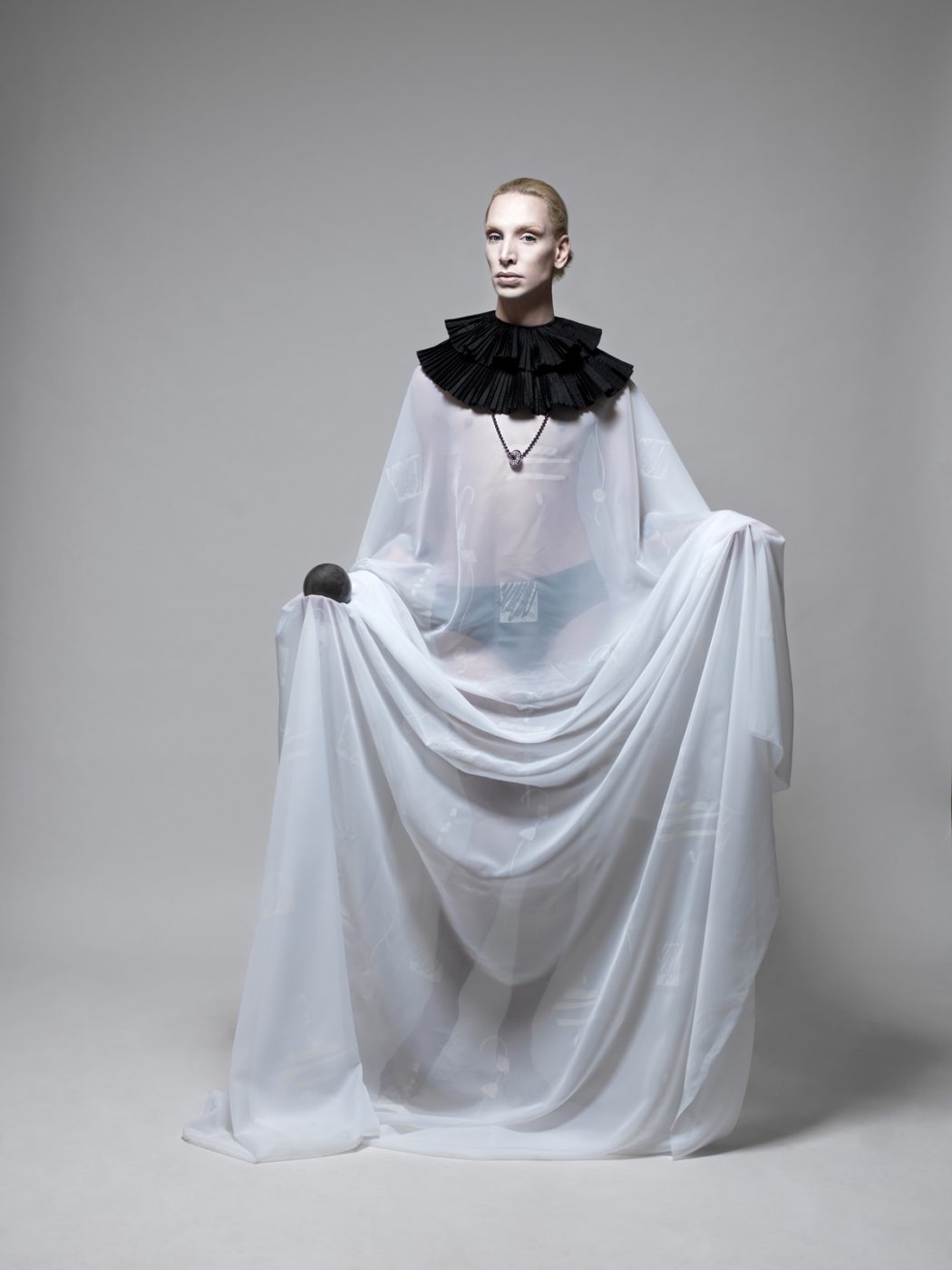
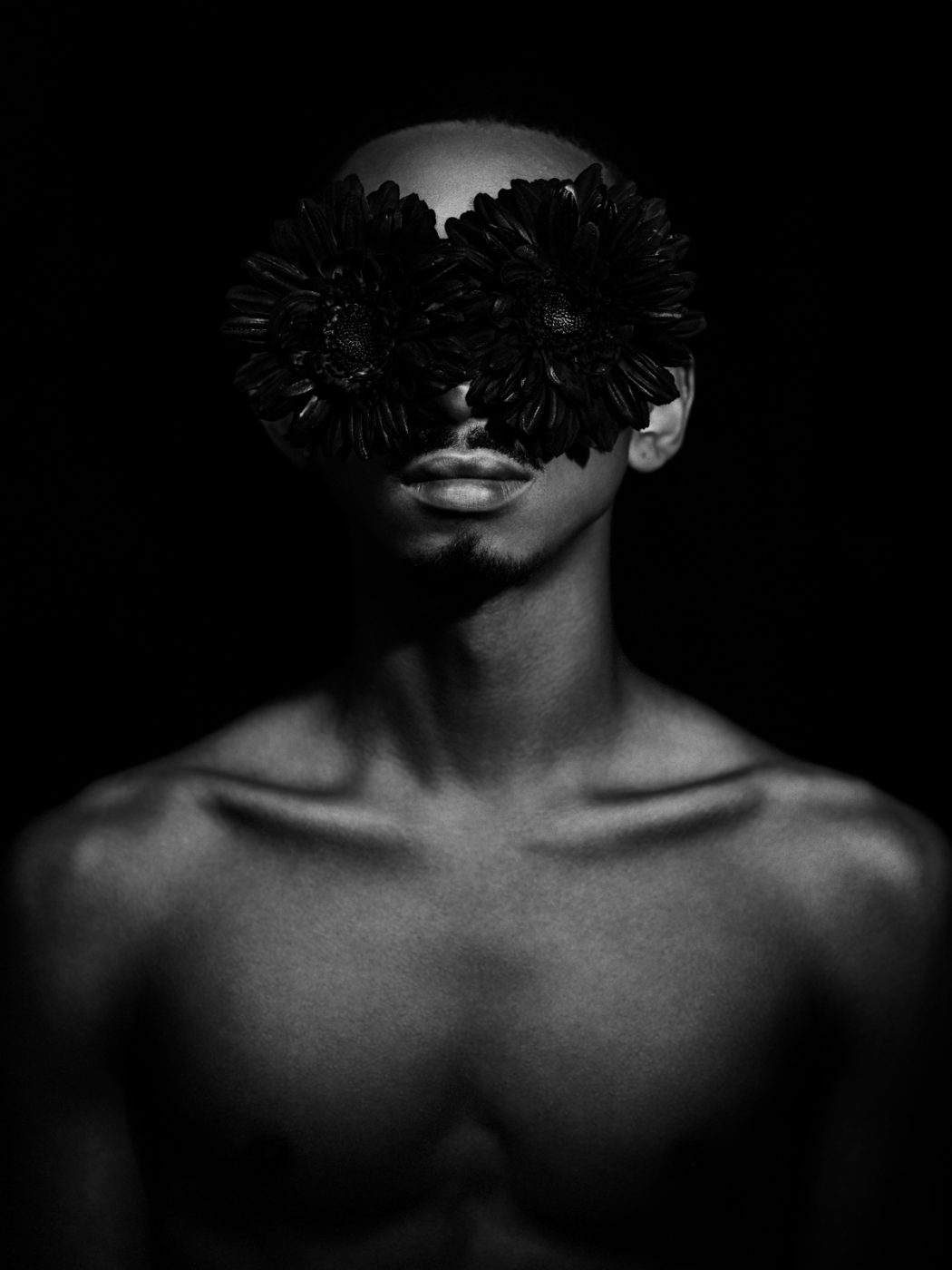
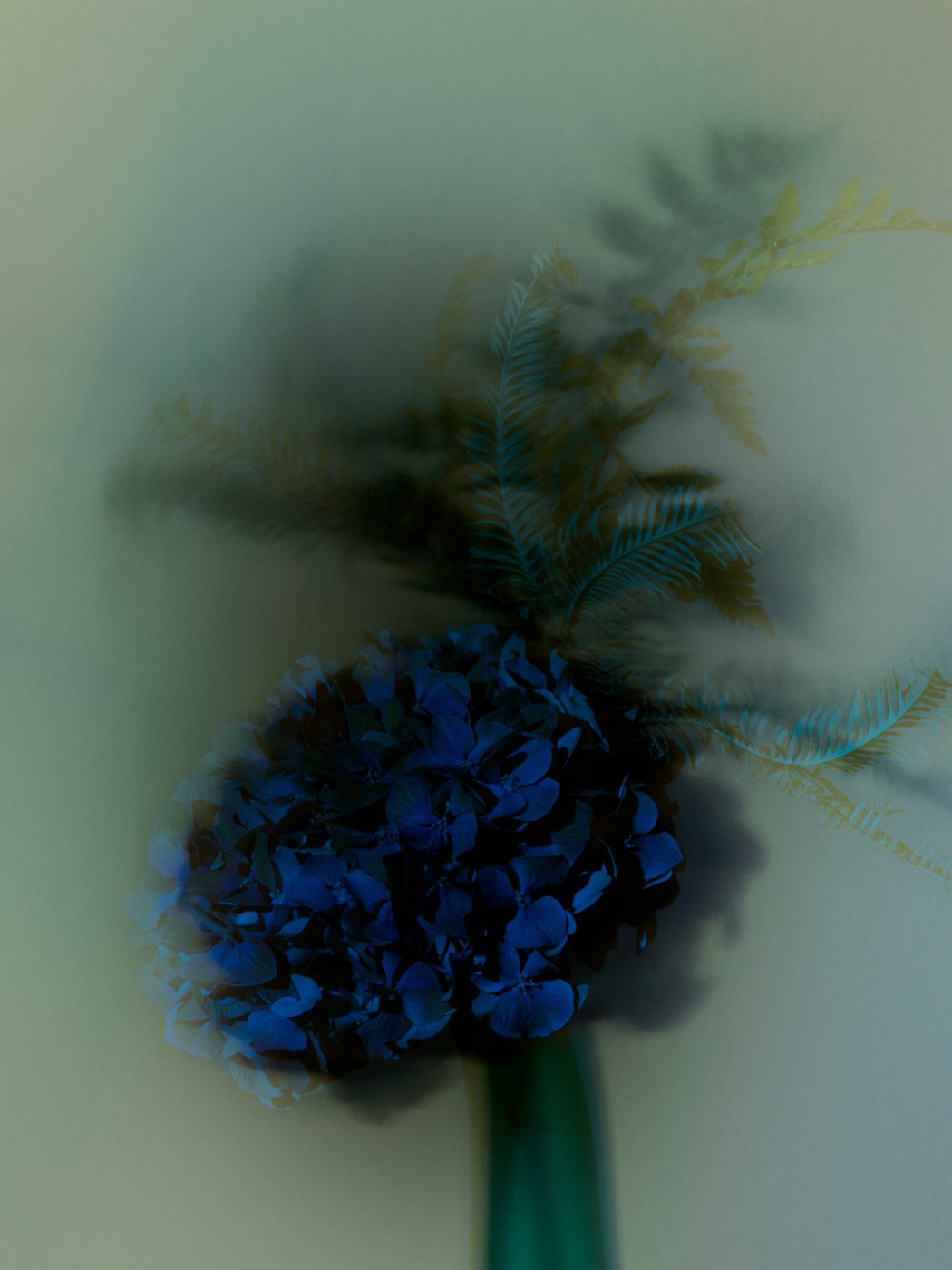
Journalism and running an online magazine costs money. Our online magazine is free of advertisements. We do everything out of love and dedication. We are not profit oriented. Support Tagree that the magazine remains ad-free and the monthly costs can be paid. TAGREE, I love your cultural work, I donate to show you my appreciation, voluntary, one-time or regular monthly or per quarter:




